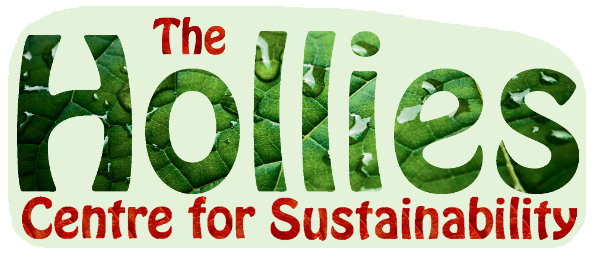Developing a Safe School: Conflict Skills Training using the SALT Programme
Summer Course for Teachers
Venue and booking details to be confirmed by Cork Education Support Centre
1 – 5 July 2015
Tutor: Thomas Riedmuller
(Mediators Institute of Ireland,
UCC, Kinsale College of Further Education and
The Hollies Centre for Practical Sustainability).
Course Content:
– How conflict impacts on behaviour.
– How to deal effectively with bullying – prevention and intervention
– The dynamic and theory of conflict.
– Successful interventions.
– Different personal conflict style.
– How to develop a better way to handle conflict.
– How to manage successfully in conflict.
– How to use on-line conflict assessment form: Thomas and Kilman Five Modes of Conflict
The different models of Conflict Resolution Education and how they link to the SPHE Curriculum.
– The S.A.L.T. Programme, which is explicitly linked to the SPHE Curriculum.
– How to use mediation skills in the classroom.
– How to access resources through the internet.
Teachers will learn about:
– Conflict resolution processes for the classroom and the school.
– Mediation as a conflict resolution process in the school.
– Whole-school policies that create ‘positive’ conflict schools.
– How to connect with international best practice schools through websites.
Teachers will also:
– Develop their personal conflict management skills.
– Explore strategies for managing emotions, bullying and allegations of bulying.
– Gain confidence in managing conflict successfully.
– Reflect on how appropriate whole-school conflict resolution policies and procedures in their school might be implemented and/or improved.
Course Methodology:
The course will take the form of a series of workshops, reflective exercises, role play and practical activities. Participants will be referred to the SALT Programme handbook and introduction to online websites and material. The way the course is presented is a model of all the skills and most activities used are directly applicable to classroom and other school life situations.
Each day will be divided into two parts:
1. Knowledge learning (theoretical, reflective learning).
2. Exercises/Role play ( pragmatic, active learning)
Schedule:
Starting time: 09:30
Finishing time: 14:00
Break Times: 11:30 – 12
Day 1
9:30 – 14:00
Myself and Conflict
This module focuses on:
– The dynamics of conflict and how it affects us.
– Our personal Conflict Style.
– How our values are triggered.
– Anger and how to manage it.
Day 2
9:30 – 14:00
Relating to Others in Conflict
Participants will learn:
– Listening skills.
– How to reframe.
– Powerful questions.
Workshop + Roleplay
(including interactive exercises on Listening Skills and powerful questions)
Day 3
9:30 – 14:00
Mutual Problem Solving
This module focuses on how to:
– Identify the issues.
– Brainstorming.
– Summarising underlying issues.
– Reaching agreement.
Day 4
9:30 – 14:00
Conflict Resolution Education
A presentation on different models of CRE in practice internationally.
This workshop will also include a presentation on the S.A.L.T. Programme.
Lecture + Workshop
This session will also include an introduction to websites, such as the 11RP Restorative Practices e-forum and ACRnet Education Resource site.
Day 5
9:30 – 14:00
Positive Conflict Management
This last workshop focuses on school policy development and practical School /Classroom strategies and interventions.
DVD + Workshop
